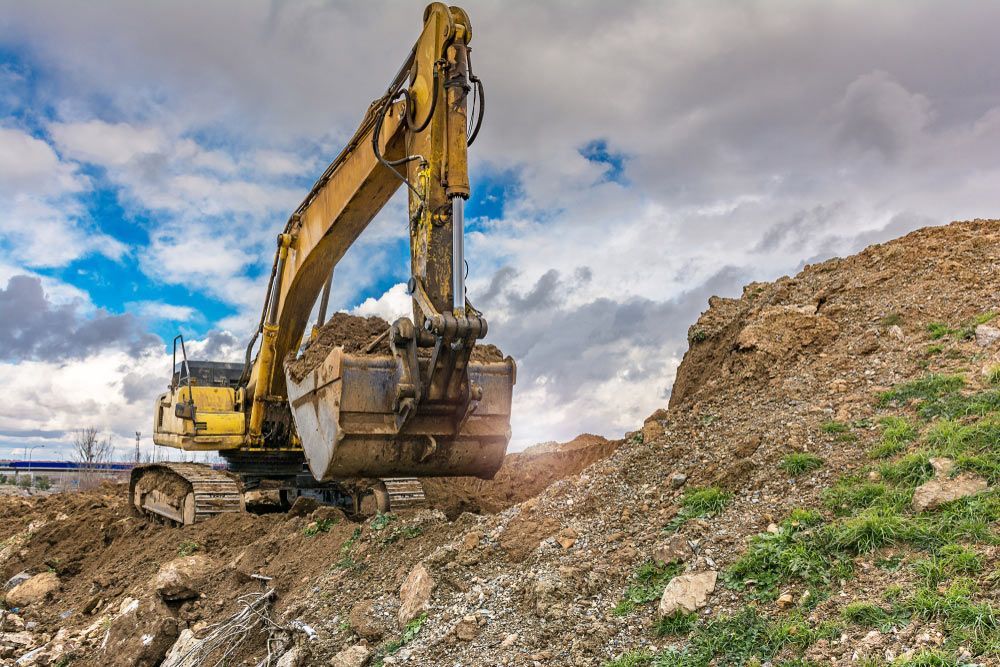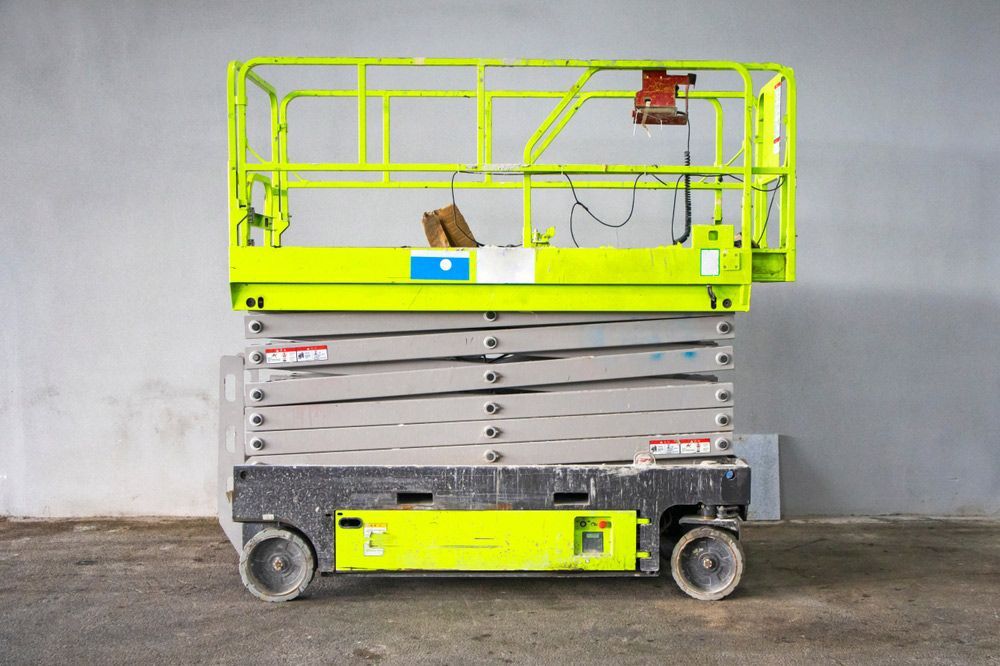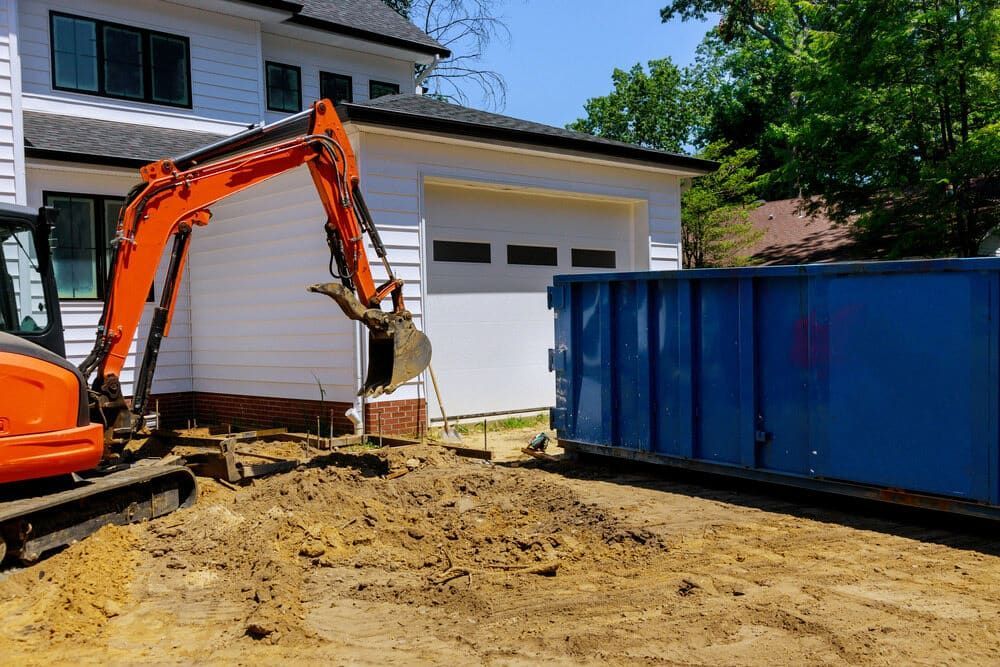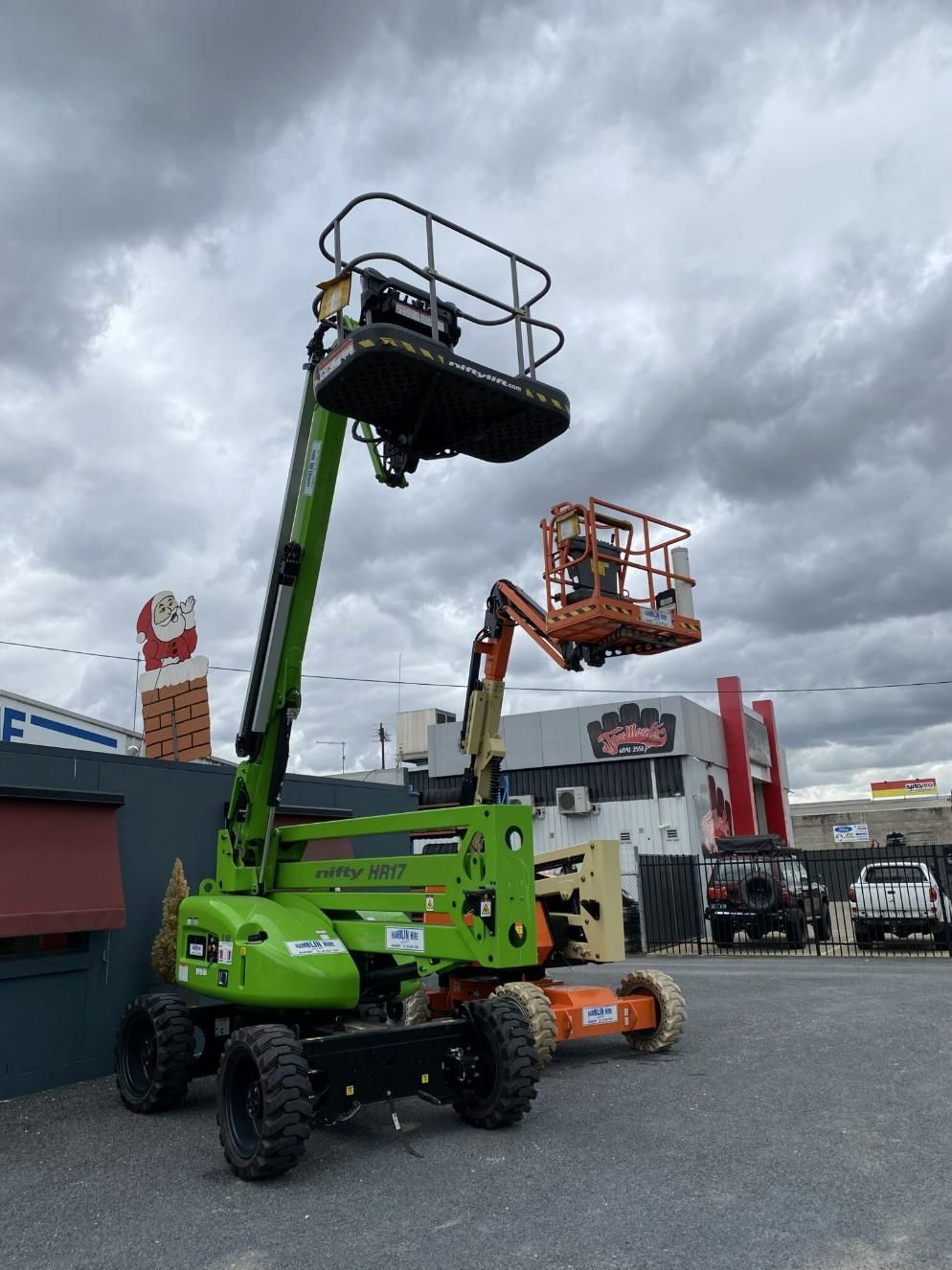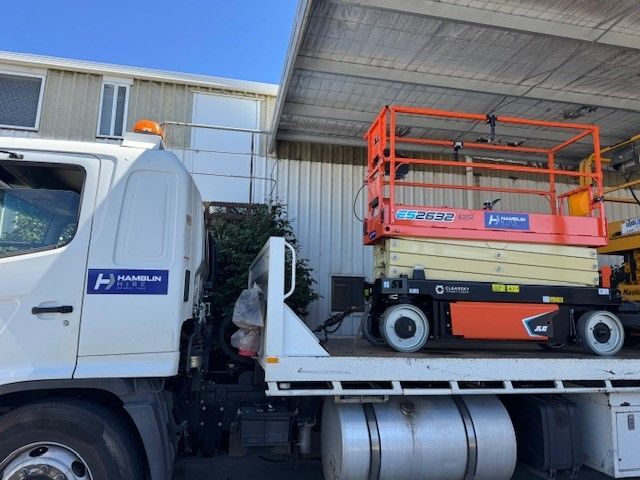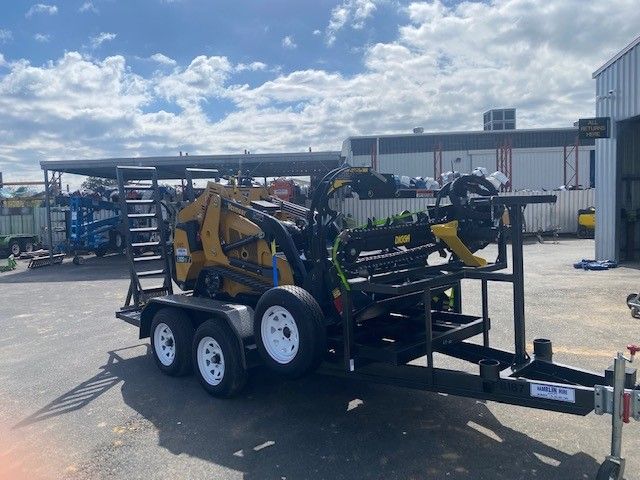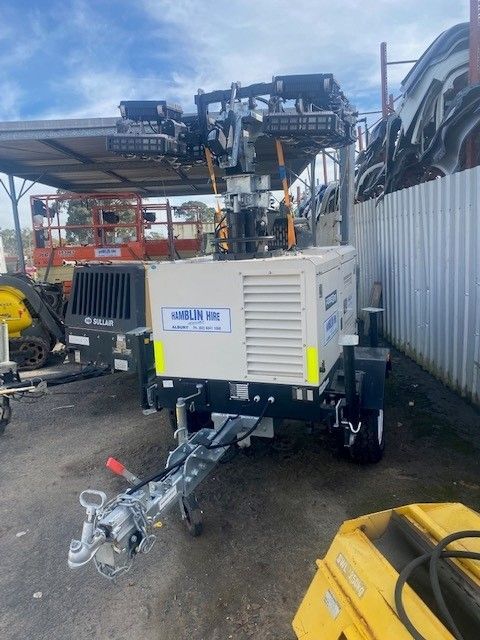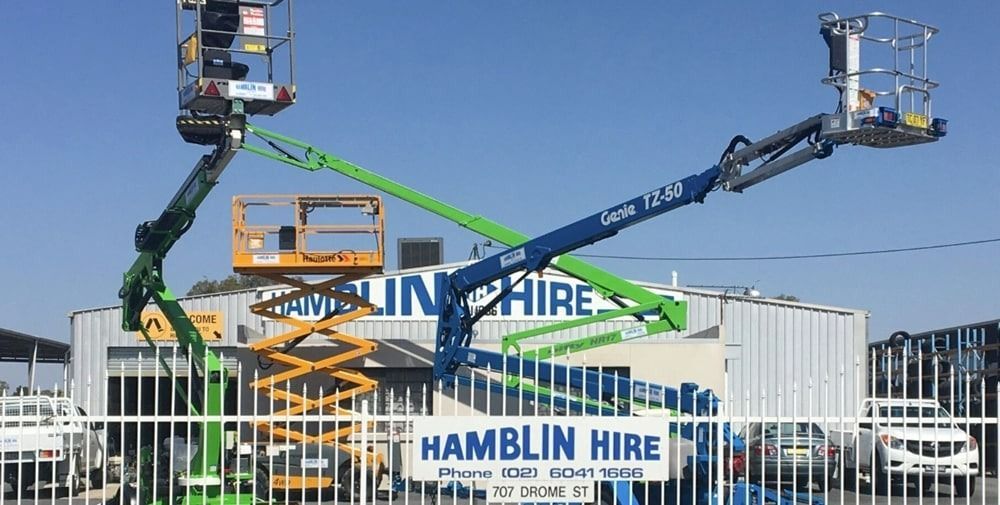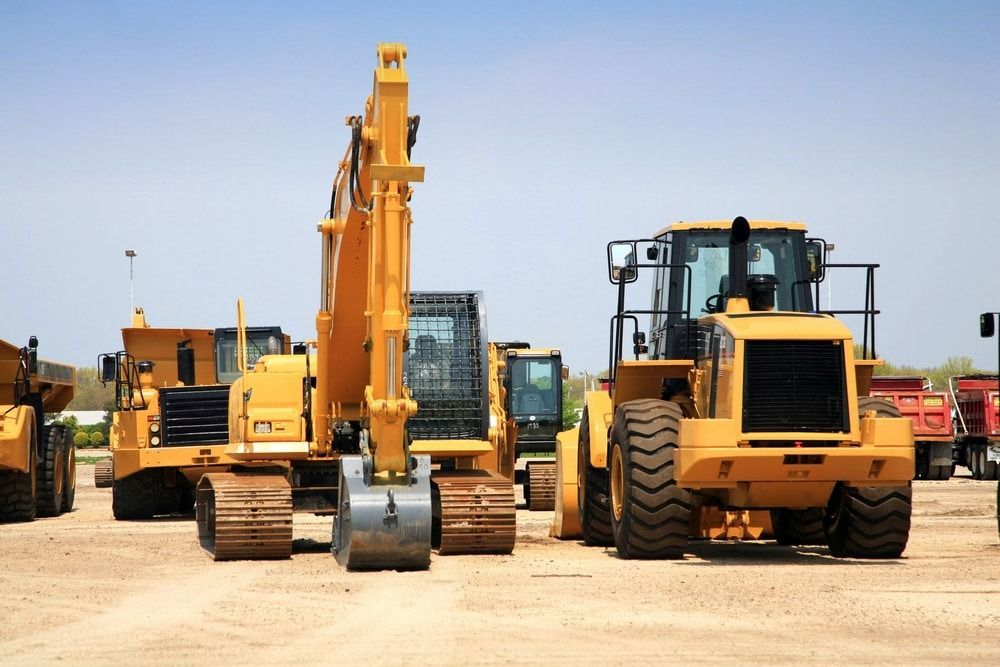The Key Differences Between Equipment Rental and Equipment Leasing
Equipment rental (also called short-term hire) is ideal when you need machinery for a specific, limited task—like hiring a portable generator, compressor, or access platform for a week or a month.
Features of Equipment Rental:
- Short duration: Hourly, daily, weekly, or monthly hire periods
- Flexibility: Easily return equipment when the project concludes
- Maintenance included: The hire company handles servicing and repairs
- Upfront cost known: A fixed rate based on usage time
- No long-term commitment: Suitable when you don't want tied-up capital
For builders and trade contractors managing temporary or small-scale jobs, equipment rental means you can access specialised gear without the capital investment or ongoing responsibilities.
What Is Equipment Leasing?
Equipment leasing is more suited to longer-term needs—typically six months to several years. You’ll sign a lease agreement to use heavier machinery or long-term tools that remain essential to business operations.
Features of Equipment Leasing:
- Fixed-term contract: Often six months to five years
- Lower upfront cost: Spreads payments over time
- Potential buyout options: Some contracts let you purchase the equipment at lease-end
- Responsibility varies: Maintenance may fall to you, depending on contract type
- Budget predictability: Fixed monthly payments simplify cash flow planning
For construction firms managing recurring projects, leasing may offer predictable costs and the potential to upgrade equipment regularly.
When you need tools or machinery for a construction project, understanding the difference between equipment rental and equipment leasing can significantly influence your budget, flexibility, and overall project planning. The right choice often depends on factors such as how long the equipment is needed, how frequently it will be used, and who is responsible for maintenance. In this blog, we’ll cover what equipment rental and leasing each involves, how costs, contract terms, and responsibilities compare, which option may suit contractors and builders better, and the
benefits of incorporating equipment hire into your planning process. Let’s break it down so you can make a more informed decision for your next project.
What Is Equipment Rental?
Cost Comparison: Rent vs Lease
Understanding the financial differences is key—especially for construction contractors managing tight budgets.
Equipment Rental:
- Cost is based on usage: Ideal for short-term or occasional needs
- All servicing included: No extra costs for repairs or maintenance
- No depreciation risk: You’re not purchasing the asset
Equipment Leasing:
- Monthly fees spread the cost over time, but can add up of a longer term
- Maintenance may be your responsibility depending on the lease agreement
- Opportunity for ownership if there’s a buyout at the end
- Depreciation considerations if you choose to purchase
If the gear is needed for less than a few months, renting is usually more cost-effective. If you plan to use the equipment regularly, leasing may make more financial sense—but only if you’re OK managing long-term requirements.
Flexibility & Duration of Use
Rental:
- Flexible and short-term usage
- Return equipment on completion or early if not needed
- Easily switch to a different machine if requirements change
Leasing:
- Committed for the lease duration
- Less flexible if workload changes mid‑term
- Often includes upgrade options at lease expiry—not mid-term
For teams juggling multiple projects or shifting scopes,
equipment hire near you lets you adapt quickly. Leasing works best when your needs are stable or predictable.
Maintenance & Support Responsibilities
Rental:
- The hire company handles all servicing, breakdowns, and repairs
- You don’t need in-house maintenance staff or tools
- You simply operate the equipment as needed
Leasing:
- Some leases cover servicing, others don’t
- You may need to arrange inspections, warranty checks, and repairs
- Unexpected failures can lead to downtime and extra cost
For builders without dedicated maintenance teams, equipment hire near you ensures reliability and eliminates service burdens.
New vs Older Equipment
Rental Fleet:
- Frequent turnover ensures hire fleets are well-maintained and current
- Access modern equipment without ownership
- Safer and more fuel-efficient than ageing assets
Leased Equipment:
- Often older machines with reduced residual value
- May involve end-of-lease inspections or return penalties
- Purchase option may include third-party reconditioning costs
Risk Management & Insurance Implications
Rental:
- Insurance is often handled by the hire provider
- Equipment damage or breakdowns usually covered
- Reduced liability for rentals you don’t own
Leasing:
- Usually treated as a long-term asset
- Insurance, damage, and loss are often the lessee’s responsibility
- Mismanagement can lead to financial penalties or line-item charges
Low-risk rental makes equipment hire an attractive option for teams focused on site safety and predictability.
Tax & Accounting Considerations
Rental:
- Taxed as an operating expense in the period used
- Full deduction allowed in the same financial year
- No asset depreciation to manage
Leasing:
- May qualify as finance leases or operating leases depending on length and ownership options
- Depreciation and interest costs may be included in financial statements
- Potential capital allowances or tax advantages in business accounting
Consult a financial advisor to choose what aligns best with your accounting structure.
Best Uses by Project Type
Here’s a quick reference for contractors:
- Short-term, small-scale jobs (e.g. plumbers, electricians, landscapers): Equipment rental offers convenience and cost savings.
- Seasonal or long-running work (e.g. large construction projects): Leasing may reduce upfront pressure if usage is constant.
- Unpredictable project scope: Rental provides flexibility to scale up or down quickly.
- Tax or asset management focus: Leasing could offer tax benefits if structured correctly.
Why Choose Hamblin Hire for Equipment Rental in Logan & Region
Choosing a trusted local provider offers:
- Proximity reputation: fast turnaround for urgent jobs or schedule changes
- Well-maintained, high-spec equipment available for short- or long-term hire
- On-site delivery and pickup services for convenience
- Expert support to match the right machinery to your project needs
- Transparent pricing with no hidden costs
If you’re searching online for equipment hire near you, you'll find we're ready to meet all manner of site requirements with dependable service.
Book Short-Term Equipment Hire Near You Today
At Hamblin Hire, we understand that every construction project has its own demands. That’s why we offer flexible equipment rental solutions tailored to suit short-term and long-term needs. Whether you're managing a quick site task or ongoing developments, renting offers cost control, reduced maintenance responsibilities, and access to up-to-date machinery without long-term commitments.
If you’re unsure whether to rent or lease, our team is here to help you weigh the pros and cons based on your project scope, timeframe, and budget. With a wide range of equipment available and dependable local service, we support contractors and builders with practical solutions that keep your work moving.
Get in touch today to discuss the right equipment hire option for your next job.

